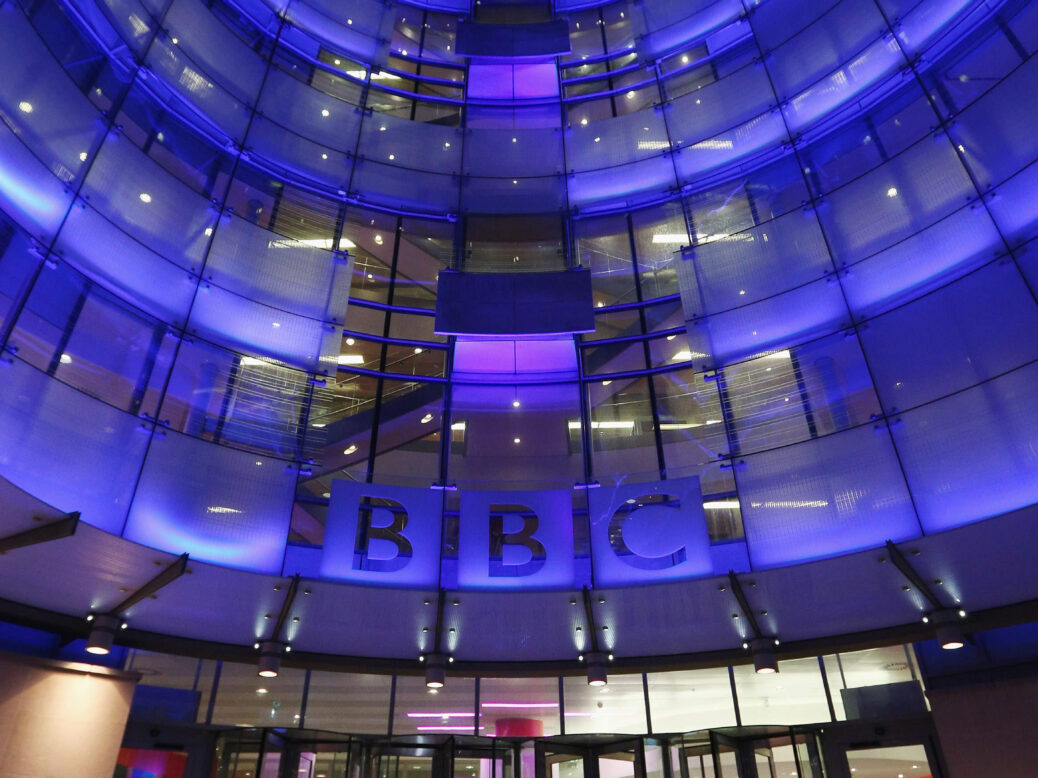
“I’m joined now by Galileo Galilei, a follower of Copernicus who has used modern telescope technology to make astronomical observations that he believes prove heliocentrism beyond any reasonable doubt.
“Also joining us is Nigello Lawsini, who has no scientific training whatsoever but has written a short book insisting furiously that the sun does in fact revolve around the Earth. Because he says so.
“As the presenter of this programme, I shall now offer exactly equal amounts of time to each guest and treat their conflicting positions as if they are of equal intellectual and epistemological value.”
This fanciful vignette is not as implausible as it should be. The British broadcast media has, in recent years, seen the noble journalistic principle of impartiality become confused perilously with the altogether trickier issue of false equivalence.
For me, the rot probably set in with climate change debates where columnists and other self-publicists would be invited to pooh-pooh received scientific wisdom without recourse to any of the conventions proper scientists would be compelled to employ when seeking to shift an established paradigm: peer-reviewed research, statistics, evidence. It sprang fully formed from the pages of newspapers unbound by any impartiality requirements, where the value of a “story” increasingly depended more on the quantity of reader reaction than on any inherent truth or accuracy.
It makes, of course, for highly engaging television and radio. Not least because the climate change sceptics (or the defenders of non-existent links between MMR vaccines and autism, or, eventually, the champions of Brexit and Donald Trump) were generally more adroit debaters than their counterparts. They were bound to be. They were brass necks selling snake oil and self-interest while their more cerebral, donnish counterparts were unwittingly cast as defenders of positions they’d never previously considered to be in need of defending.
It happens because the nature of a TV or radio debate is increasingly binary and confrontational, and because getting people to argue with each other makes for better “box office” than exposing them to equal levels of proper scrutiny. The presenter thus becomes a referee rather than a tribune for the viewers and listeners: if they point out a flaw in one person’s argument, they must then point out a flaw in the other’s or be accused of bias; if they employ knowledge to challenge false assertions, they are pursuing their own “agenda”. It has led us into an age of boundless heat but very little light and seen a veneration of dangerous, divisive stupidity move squarely into the media and political mainstream.
Consider the Conservative MP Nadine Dorries, revealed in a leaked WhatsApp exchange to have asked colleagues to explain the EU customs union to her because she was having problems defending her widely stated opposition to it. This is an almost perfect distillation of what happens when furious ignorance is afforded the same weight as evidence-based explication. Having received the required explanation, incidentally, Dorries concluded that her difficulty understanding it fully justified her opposition to membership of it.
Meanwhile, the editor of the Daily Mail, Paul Dacre, casts himself as a champion of “British values” but routinely launches vitriolic attacks against, to name but a few, the independent judiciary (“Enemies of the people”); elected MPs seeking to do their democratic duty (“Crush the saboteurs”) and academic freedom (“Our Remainer universities”).
I don’t tend to interview politicians much these days. I withdrew from an occasional slot presenting Newsnight because the BBC’s impartiality rules were, to be fair, being routinely smashed to smithereens by my insistence in other jobs that Brexit was an almighty con job and that Donald Trump is a racist hatemonger. The resulting distance from the fray has prompted some thoughts on how we might plot our way back from this fractured landscape. Brexit is the best, but by no means only, example of the problem because it is so current and its reporting remains the apotheosis of false equivalence.
Words seem to me to be the most obvious starting point. We must insist that politicians and pundits define the terms they bandy about so blithely. It is clear, for example, not only that we can and do “control our borders” but also that European Union members are free to employ rather more restrictive policies than successive British governments have been minded to introduce. Anyone still citing such “control” as a benefit of Brexit should be hit over the head repeatedly with this inalienable fact until they surrender and withdraw. And, contrary to current practice, it is not the job of the other debater to police such basic facts; it is the job of the moderator.
Similarly, regaining “sovereignty” continues to be offered as a reason for leaving the EU over a year after the Brexit White Paper stated unequivocally, “whilst parliament has remained sovereign throughout our membership of the EU, it has not always felt like that”. It is not bias to point this out to anyone still seeking to mislead an audience; it is journalism.
I’d also like to see a few more empty chairs. The government pursuing Brexit is hardly ever seen to defend it. Instead, the broadcast media is routinely reduced to recycling Iain Duncan Smith, Daniel Hannan or Kate Hoey’s tired old soundbites. If the government will not provide a spokesperson to defend government policy, broadcasters should say so and leave it undefended. Only then will we discover whether it is, as seems increasingly likely, indefensible.
James O’Brien presents a daily current affairs programme on LBC
This article appears in the 21 Mar 2018 issue of the New Statesman, Easter special






